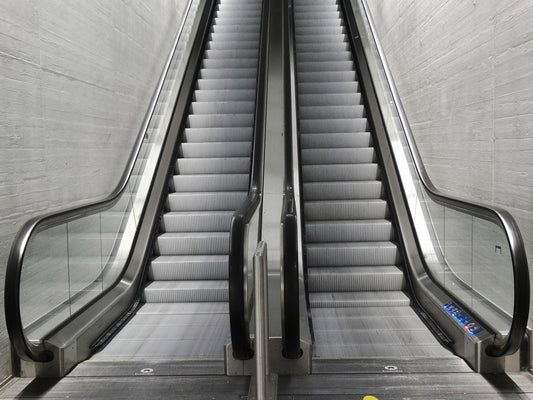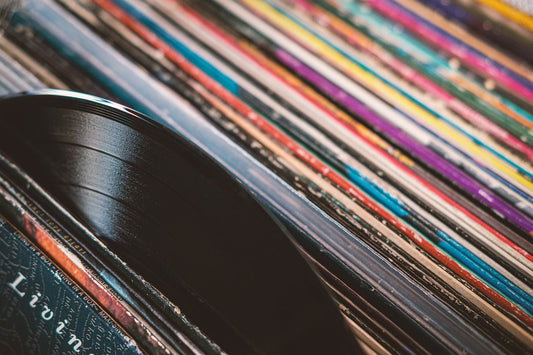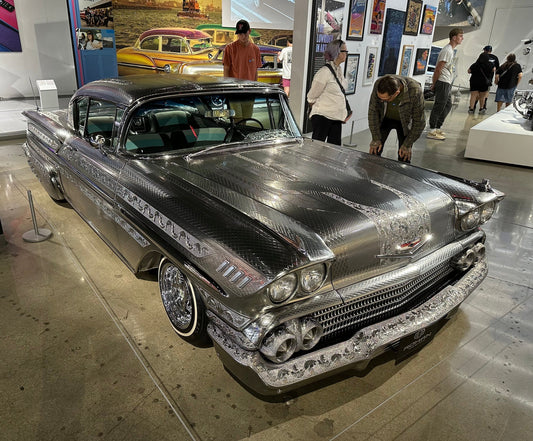Just a rambling thought on the discussion we've been having about the differences between digital and analog and how, if digital is technically better in terms of the amount of information it can and does record, does analog many times sound better?
When you're designing a power amplifier one of the things most amp designers do, including myself, is limit the incoming bandwidth. We do this because after a certain frequency, perhaps 50kHz, everything after that can cause the amp to try and reproduce it and the lower frequencies (that we can hear) suffer sonically for it. This is a good example of when less is more.
You might think that it's an obvious thing for an amplifier designer to do, now that you understand it, but it has its opponents as well. Some amp designers want a completely unrestricted bandwidth to their amplifier so it can handle into the hundreds of thousands of Hertz - despite the fact there's no audible information there. The theory they ascribe to is that the act of limiting the amp causes more sonic damage than optimizing it to handle, without impact, ultrasonic frequencies.
When a mastering engineer prepares to cut a vinyl record, he must compress the dynamics of digital - as they would exceed the dynamic range of the vinyl - or if he's going from a master tape or a direct feed from a microphone, make sure that the limitations of the medium are never exceeded. Again, another case of less is more - for if he succeeds in keeping everything confined within the limited vinyl space - he gets and excellent sounding record.









